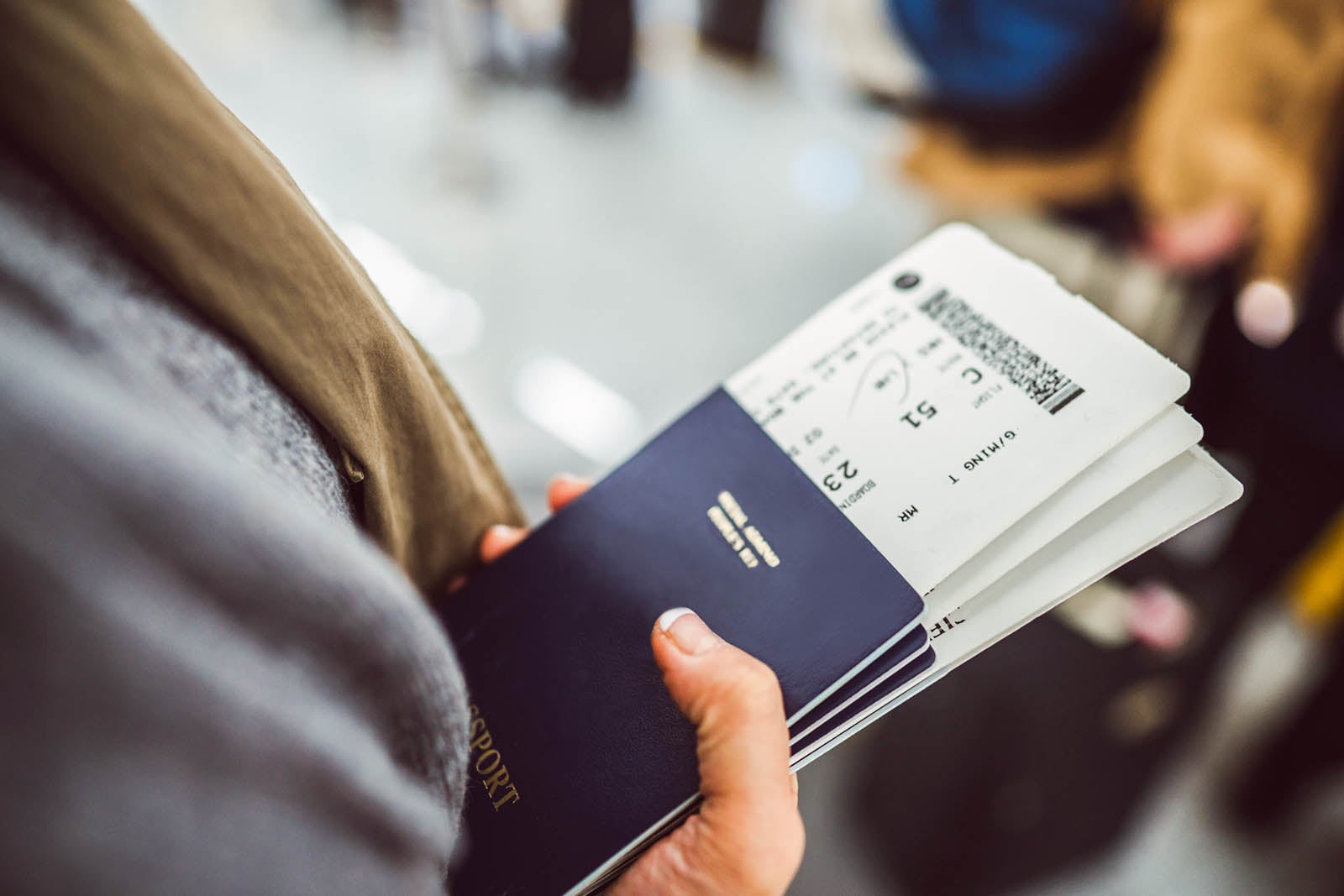History was made back in March, when the United Nations unanimously declared the 15th to be an annual International Day to Combat Islamophobia.
The resolution was accepted by every single member of the UN — although not without discussion.
It was no surprise that India, where experts warn of an impending ‘genocide’ of Muslims, uttered criticism, but it should not pass unnoticed that two European speakers joined in the chorus: both the representation of France and the representative of the European Union (as an observer) expressed criticism of the resolution.
Although the French did not oppose the resolution in the end, it shows that there are major forces within Europe, and especially countries like France, that are investing less in the fight against Islamophobia, and more — as again the example of France reveals — into normalising Islamophobia.
And it seems that other worrying developments such as the rise of the far-right in European nation states are pushing this trend.
Although the far-right FPÖ in Austria and the League in Italy had only a short-lived time in government, a revitalisation of the far-right has already led to the far-right Sweden Democrats becoming the second-largest party in last week’s national elections that makes it prepared for joining government the first time ever.
And in Italy again, far-right leader Georgia Meloni prepares with her party Brothers of Italy for becoming prime minister in next week’s elections as part of a coalition with other far-right parties including the League.
With these developments in mind, we have released our seventh annual European Islamophobia Report.
The state of Islamophobia in Europe continues to be problematic with many policies which we have criticised in previous reports being further implemented —not least, the dissolution of Islamophobia watchdog organisations in France.
On the other hand, there is increasing awareness and also evidence provided by European institutions that Islamophobia or anti-Muslim racism is not only a pressing societal issue, but also structurally engrained in several institutions of the European Union and its member states.
The European Commission against Racism and Intolerance (ECRI) showed with its general policy recommendation No. 5 on preventing and combating anti-Muslim racism and discrimination in December 2021 that Islamophobia includes structural forms of racism.
And the EU’s Agency for Fundamental Rights (FRA) Directive (EU) 2017/541 on Combating Terrorism — Impact on Fundamental Rights and Freedoms showed that counter-terrorism strategies especially affect the human rights of Muslims in the European Union.
EU Muslim coordinator missing
Still, the European Commission has not taken any initiative to restaff the position of a coordinator on combating anti-Muslim hatred, which has been void since the end of July 2021 and who was seen as lacking a clear mandate and sufficient resources in any case.
Alongside the results of the research project Varieties of Democracy (V-DEM) conducted by the University of Gothenburg that generally detects a decline of liberal democracy, several countries that championed with anti-Muslim legislation, including Austria, were downgraded from a liberal democracy to an electoral democracy.
For 2021’s report, we chose Sebastian Kurz for the cover, serving as a symbol of larger worrying developments in Europe. Kurz, who was hailed as a one-time political wunderkind by domestic Austrian and international media, came to power by making Islam and Muslims his number one target in election campaigns.
More than that, he was the leader of a conservative government that implemented one anti-Muslim policy after the other, from hijab bans to the closure of mosques.
Finally, the overwhelming allegations of corruption, especially in regards to the relationship between his government and the news media, forced him to step down.
His political career can be read as a textbook example of hegemonising Islamophobia and, at the same time, of how empty populism which is essentially built on anti-Muslim racism can end.
Kurz accumulated immense power by scapegoating and securitising Muslims — which in the end turned out only to be a screen to hide alleged corruption and increasing authoritarianism.
Former justice minister Clemens Jabloner expressed this succinctly: Kurz’s regime was “a first step in the direction of a new system of government.”
Previous national reports on Austria in our European Islamophobia Report clearly show how the heavy investment in anti-Muslim policies by Kurz’s government were a marker of his increasingly manipulative and authoritarian policies.
Eventually, the latter were terminated not least by the independent justice system that rescinded most of his anti-Muslim laws and measures from the hijab ban to the unlawful closure of mosques.
But still, several politicians in Austria try to sell these policies as a success and make them the new standard not only for them but the rest of the European political body.
And several interventions by the French state reveal, these government counteract the inclusion of Muslims as well as the celebration of diversity.
#BrusselsSoWhite has been one attempt to raise awareness for structural racism in European institutions. And what European institutions have to do is take Islamophobia seriously and take measures to combat it accordingly.





















Discussion about this post